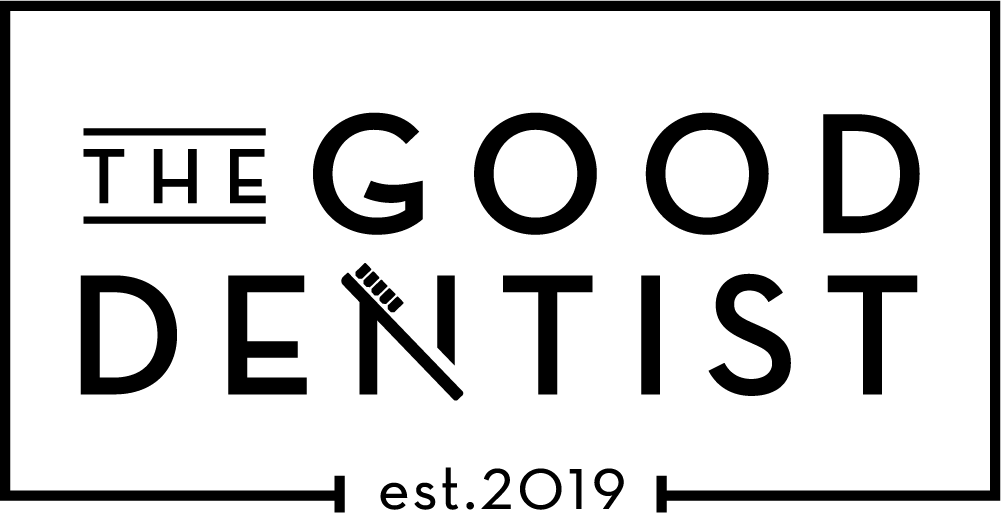Periodontal Treatments
Among the causes for periodontal (gum) disease are genetic susceptibility, smoking, and other illnesses like diabetes. Periodontal maintenance involves removing plaque and tartar from above and below the gum line. Most gum diseases are preventable with proper oral hygiene. However, what can start out as gingivitis (inflamed or bleeding gums) can quickly turn into periodontitis. In such cases, gums pull away from the tooth to create “pockets,” thereby exposing a dental root to infection. It can also lead to prolonged bad breath, loose teeth, painful chewing and other complications.
Diagnosing Gum Disease
To diagnose periodontal disease, we will need to take special radiographs (x-rays) to look at your bone and tissue health. We are looking for specific defects and pockets that can be caused by both inflammation and disease. Next, we take a tiny ruler (periodontal probe) and measure the tissue around your teeth and further evaluate for disease and inflammation.
Why is this all-important? Periodontal disease can typically be treated easily, especially when diagnosed early. If left untreated, your gums can hurt and bleed leading to further destruction of your tooth and surrounding tissue. Ultimately, this could eventually lead to you losing teeth from the bone loss that can occur. Crazy right? Let's work together and stop periodontal disease!
Further Treatment
If you do have periodontal disease, have no fear, we can help. Often it can be treated with a different type of cleaning and antibiotics. This type of cleaning is often called a "deep cleaning", however, the term is misleading. Don't we all want a deep cleaning? The proper term is called Scaling and Root Planing (SRP) and it is a more invasive procedure instead of a preventive because the disease has gone "deeper" in your mouth. This means that we typically need to numb the area that needs to be cleaned to clean it properly and disrupt the bacteria that are destroying the bone and tissue. It also means that you might need to have a cleaning a little more often than every six months to make sure the plaque, tartar, and bacteria stay off and the tissue stays healthy.
So to recap, cleaning your teeth and gums can be just like cleaning your house. If you can stay on top of it, it requires less work than if you don't. If things have slipped a bit, then we can roll up our sleeves and do the "deep clean" and get you back to a healthy smile.
